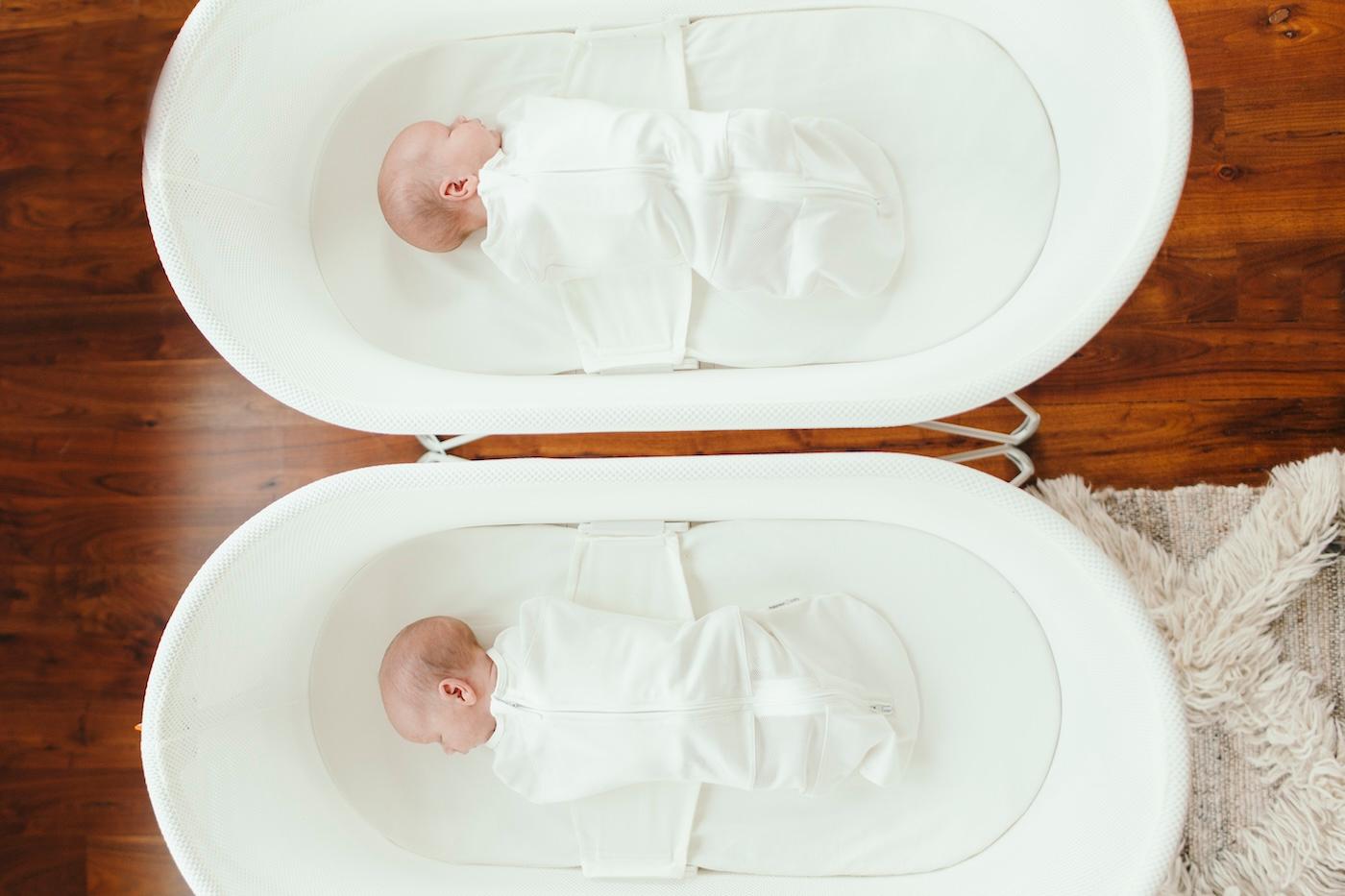PREGNANCY
When Should a Newborn Baby Get the First Bath?
Scrub-a-dub-dub! It’s time for your newborn to get all clean.

Written by
Happiest Baby Staff

Scrub-a-dub-dub! It’s time for your baby’s first bath…but when?
Baby's First Bath
Some parents worry that they need to give their baby a bath right after birth…after all things can get pretty messy during delivery. While it is important to wash your baby in the first few hours after she’s born, you don’t have to do it immediately.
What is Vernix?
When your baby is born, she’ll be covered in blood, mucus…and vernix. Vernix caseosa as it’s officially called in the medical community is a thick, waxy white substance that covers your baby’s skin to protect it in the womb and during birth. She’ll shed most of that cream cheese-looking layer before birth. (Preemies often come out coated with it!) This miracle covering protects her delicate skin…just imagine if you were in a bathtub for 9 months! It also acts as a lubricant to help her slide down the birth canal during delivery and offers antimicrobial benefits after birth. Scientists now know that vernix helps to prevent infection and retain heat following birth.
When to Bathe Newborn
You won’t want to leave the vernix on her too long. While it’s fine to rub it into her skin, it’s best if you wash it off 3-4 hours later. Make sure to keep her warm afterward, since she’ll lose the heat-retaining quality that it provides. If left on too long, it can become a breeding ground for bacteria on her skin. Bacterial infections are a big danger to babies because of their weak immune systems. During the first 3-4 months of life, you’ll want to take extra care to protect her from the world’s germs!
Disclaimer: The information on our site is NOT medical advice for any specific person or condition. It is only meant as general information. If you have any medical questions and concerns about your child or yourself, please contact your health provider. Breastmilk is the best source of nutrition for babies. It is important that, in preparation for and during breastfeeding, mothers eat a healthy, balanced diet. Combined breast- and bottle-feeding in the first weeks of life may reduce the supply of a mother's breastmilk and reversing the decision not to breastfeed is difficult. If you do decide to use infant formula, you should follow instructions carefully.
SHARE THIS ARTICLE
PARENT PICKS
Bestsellers



















